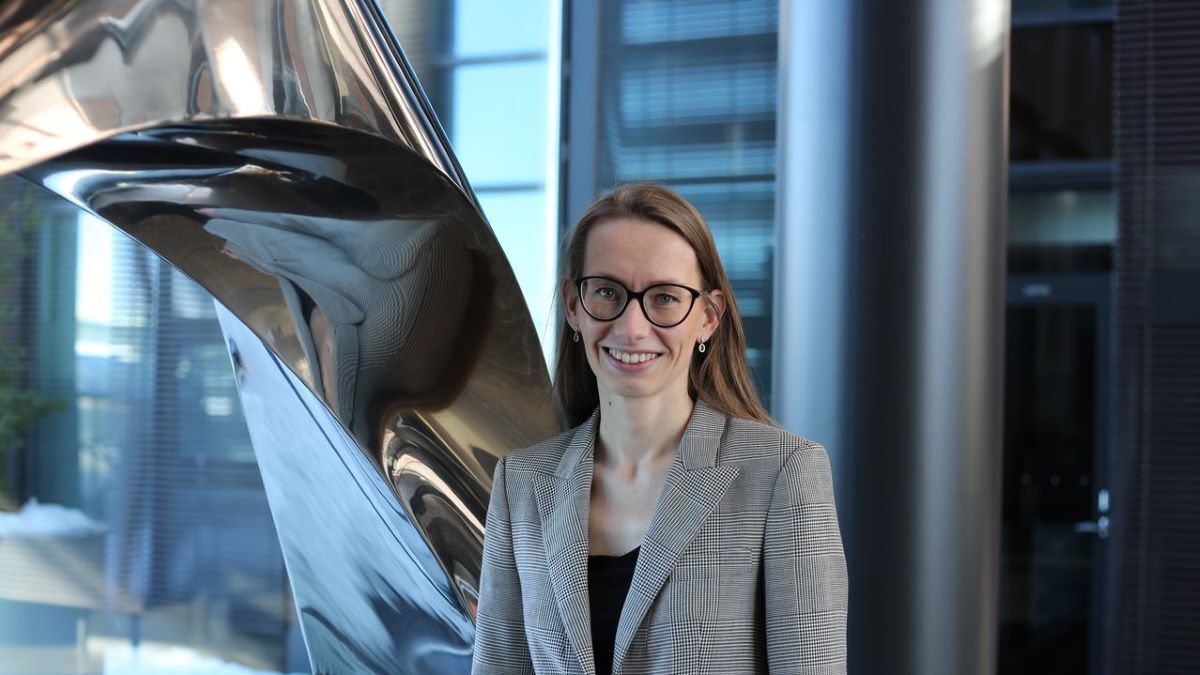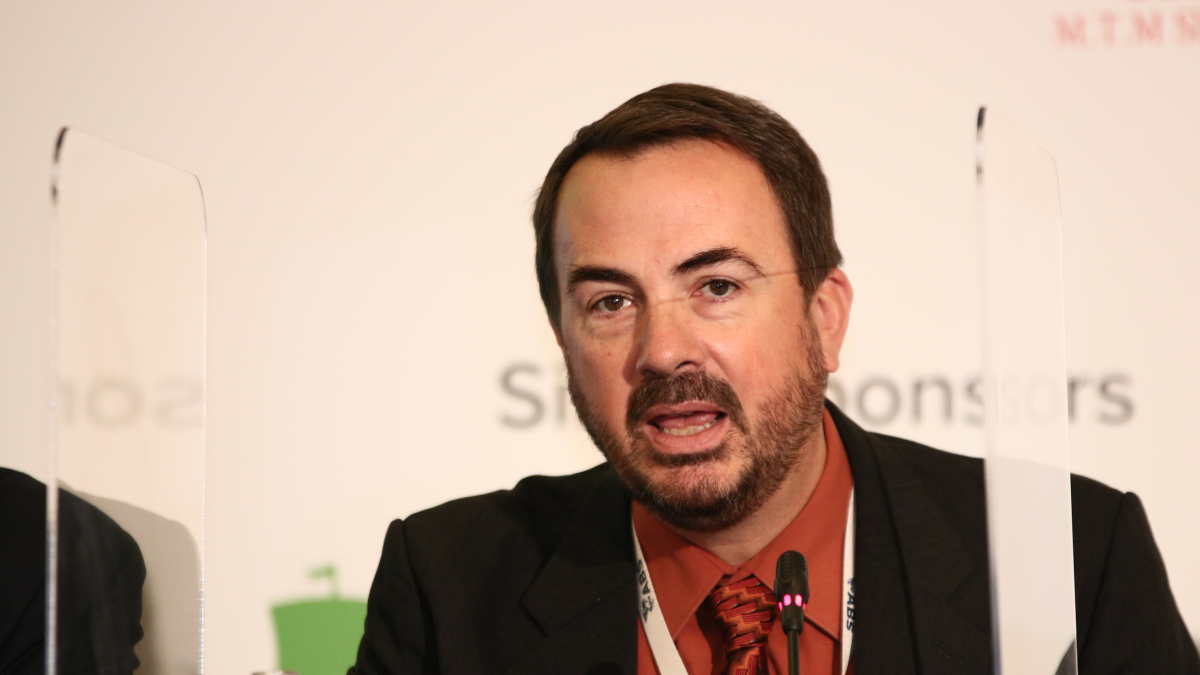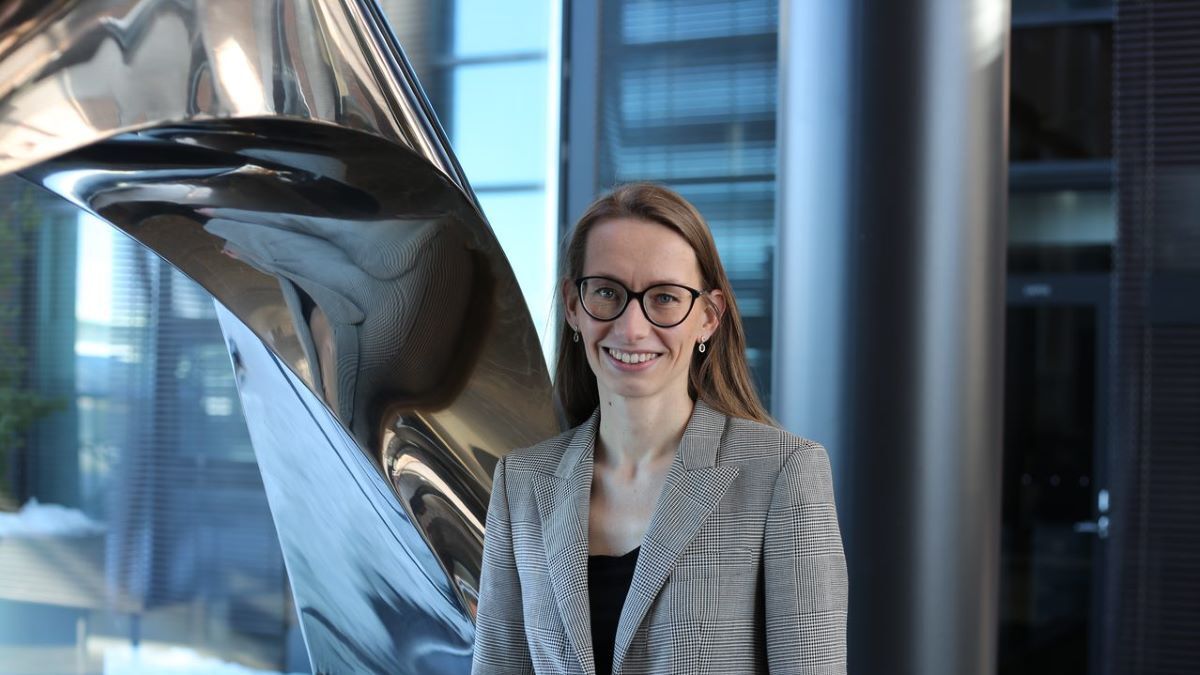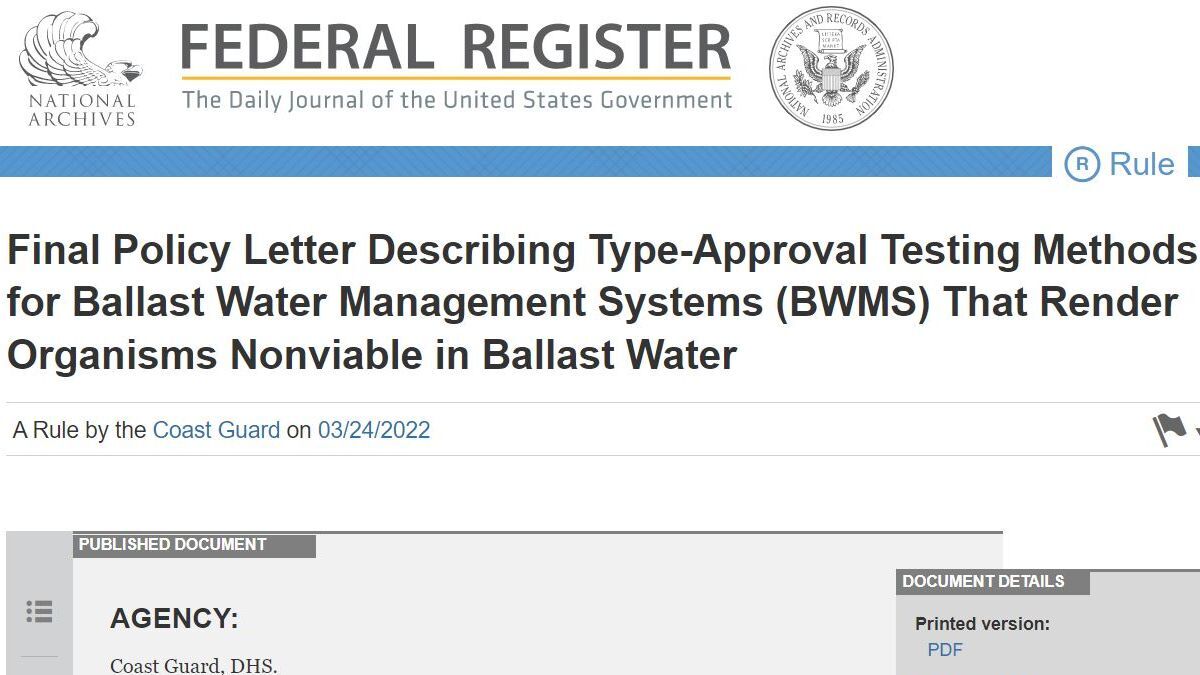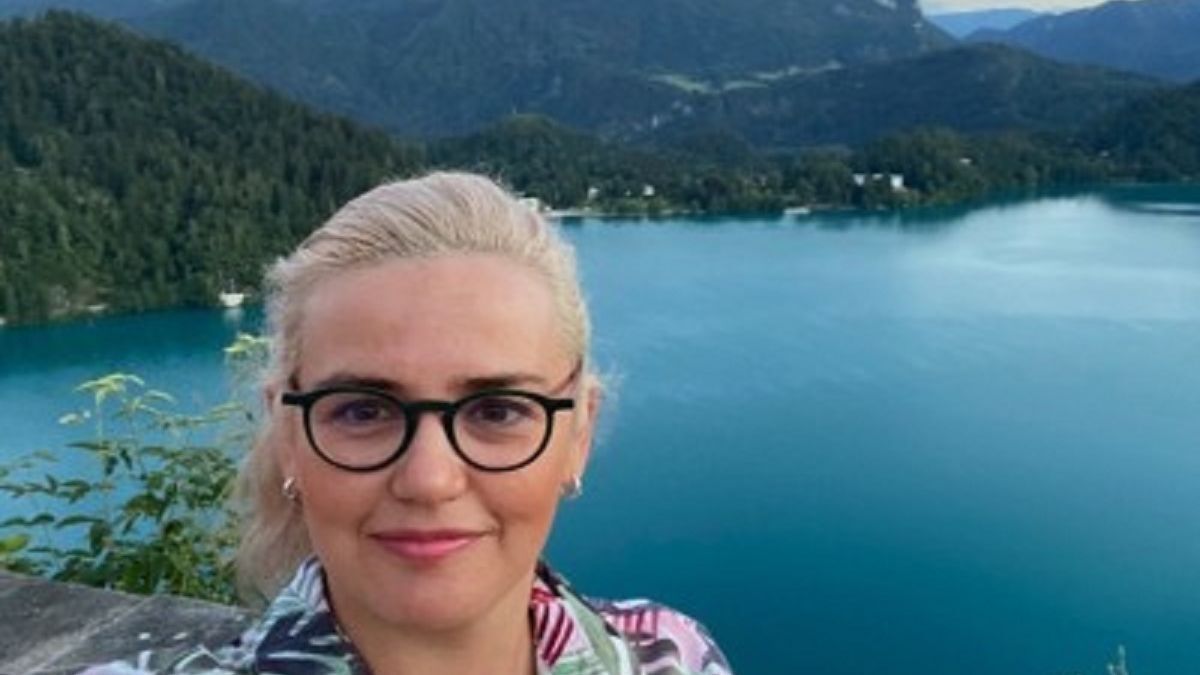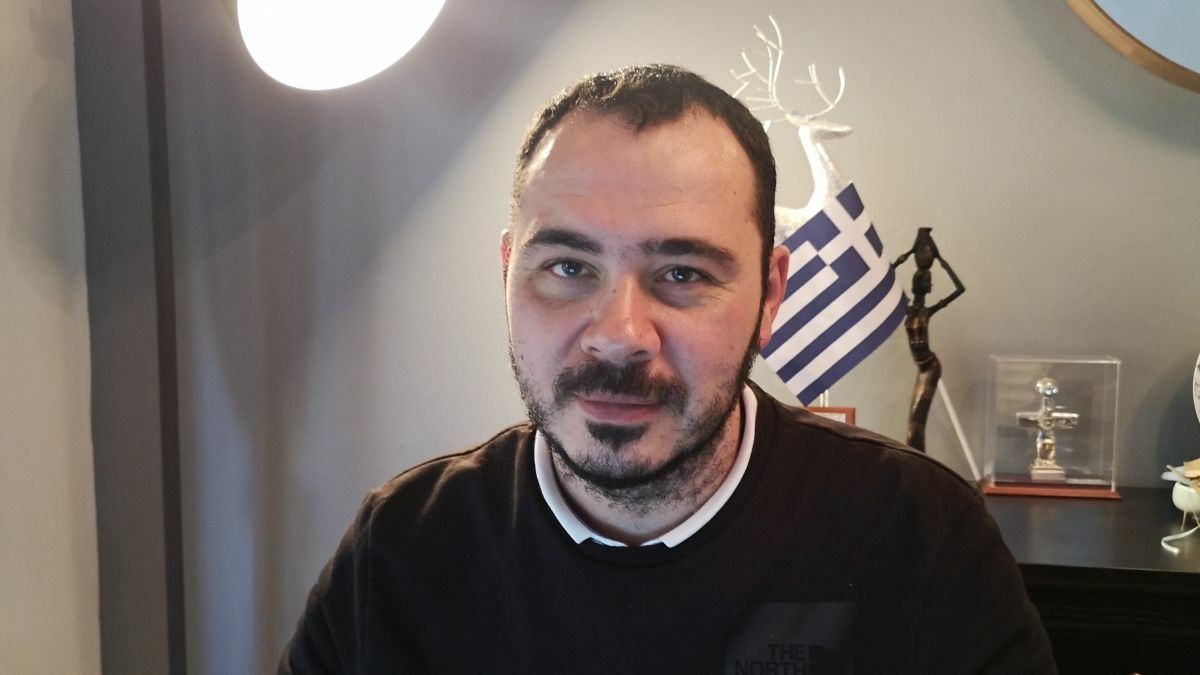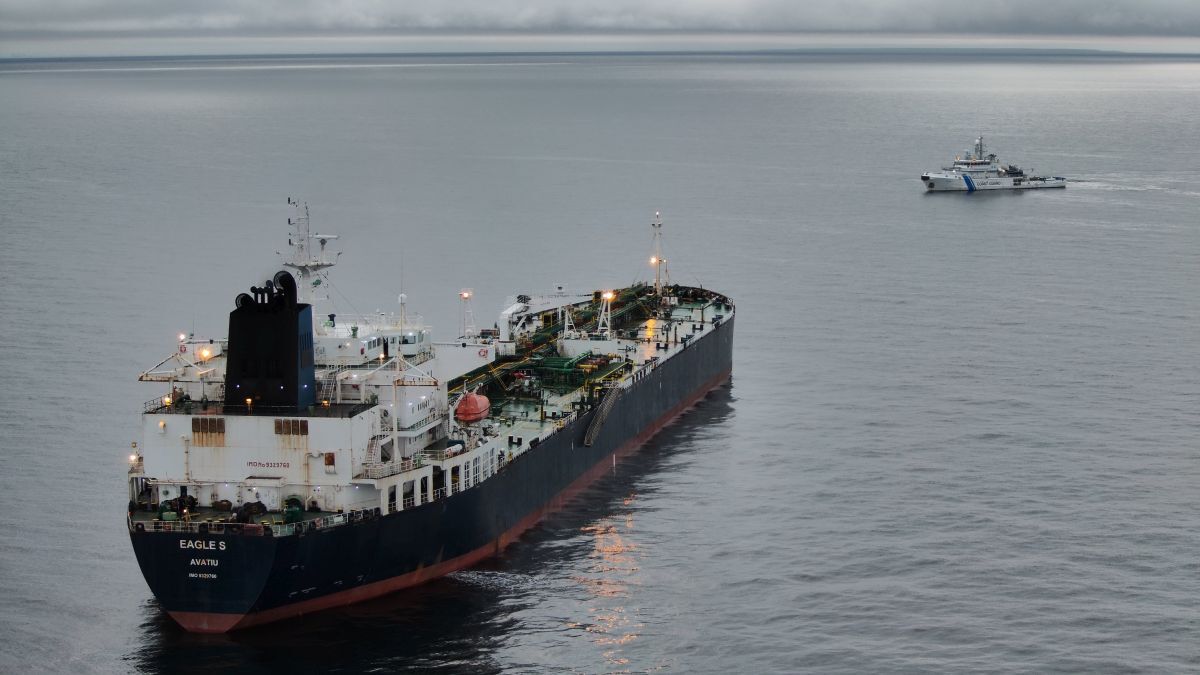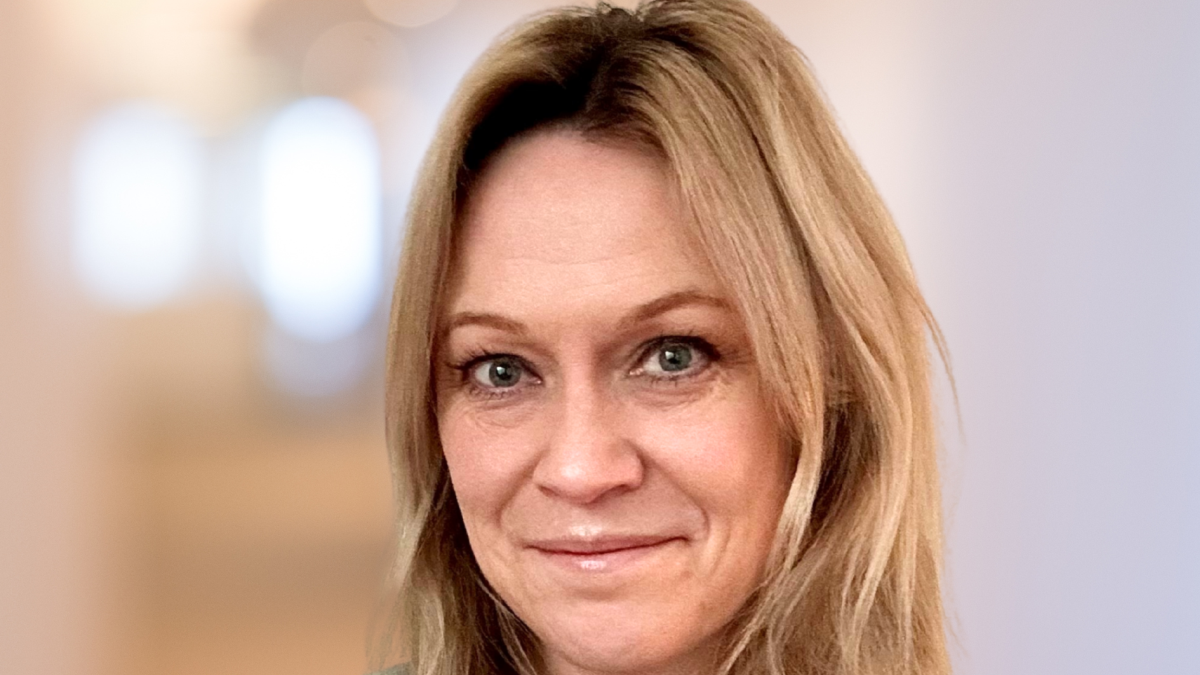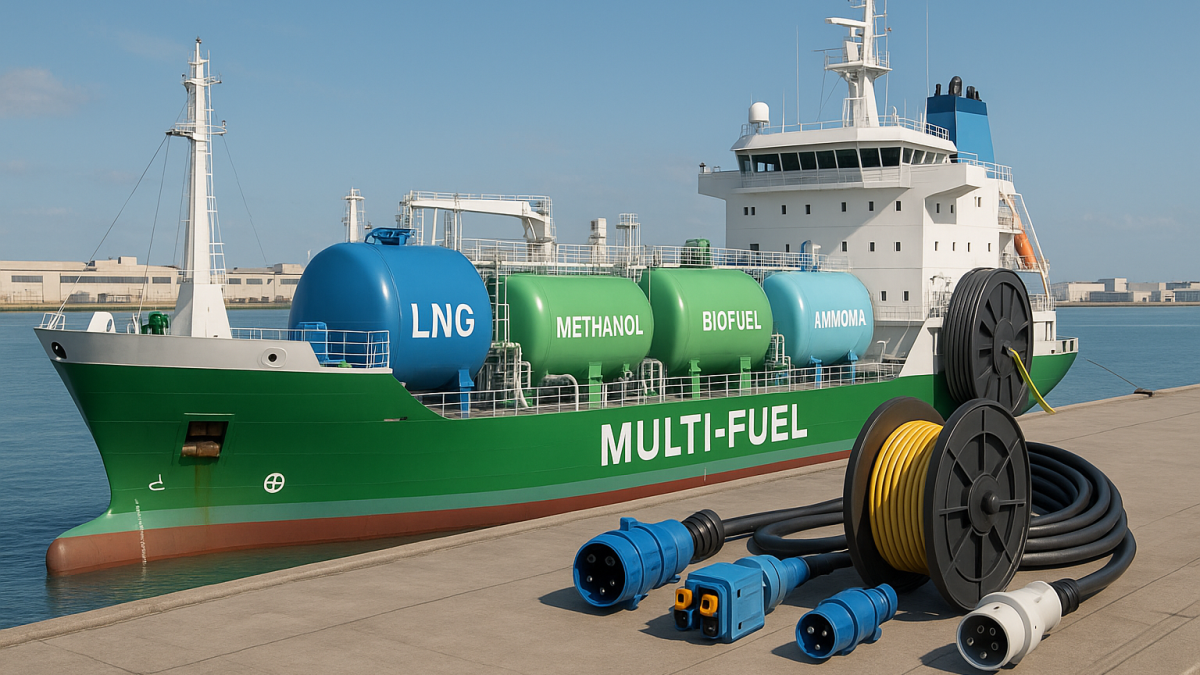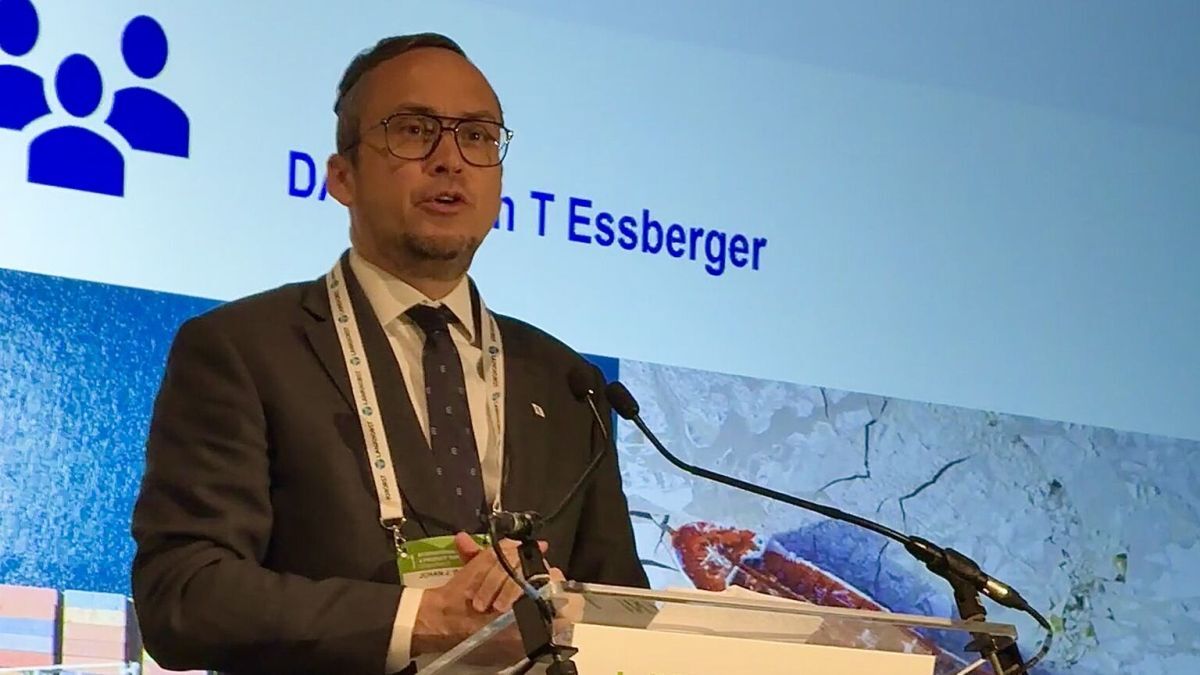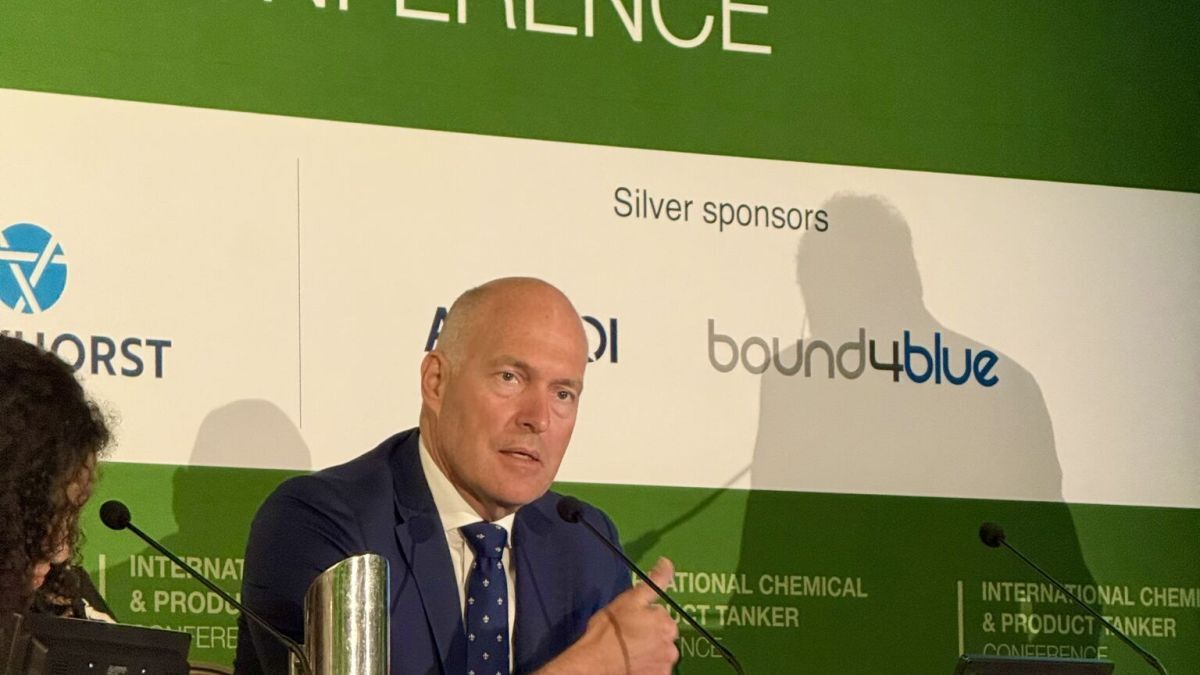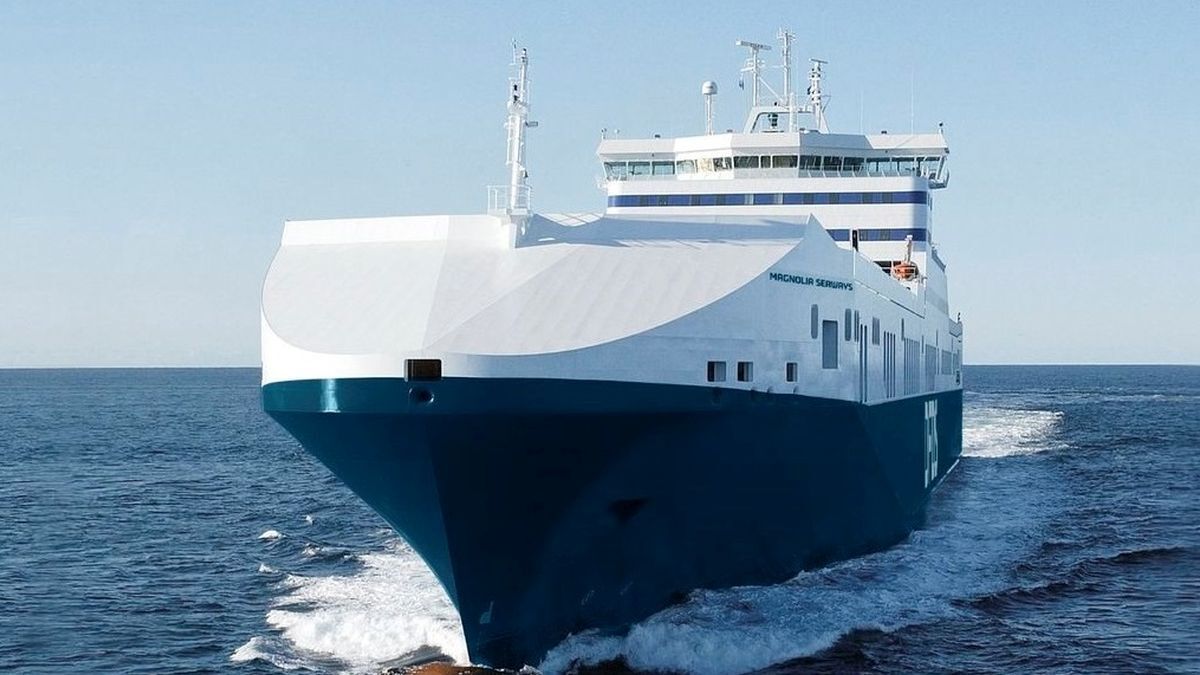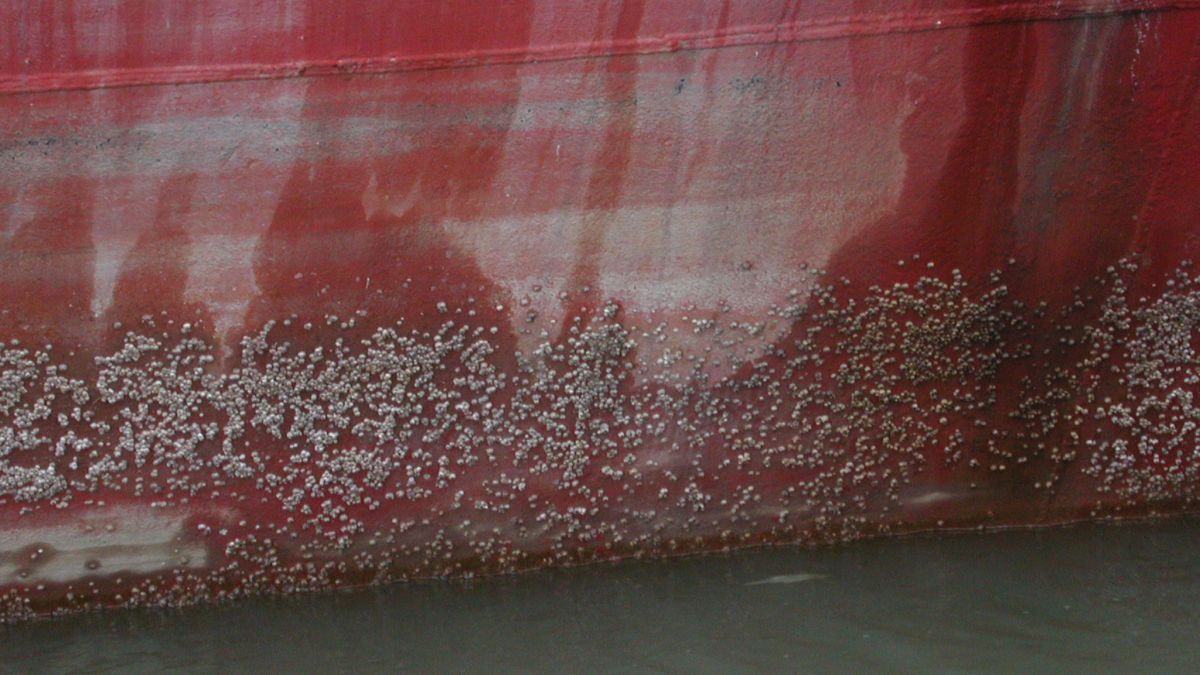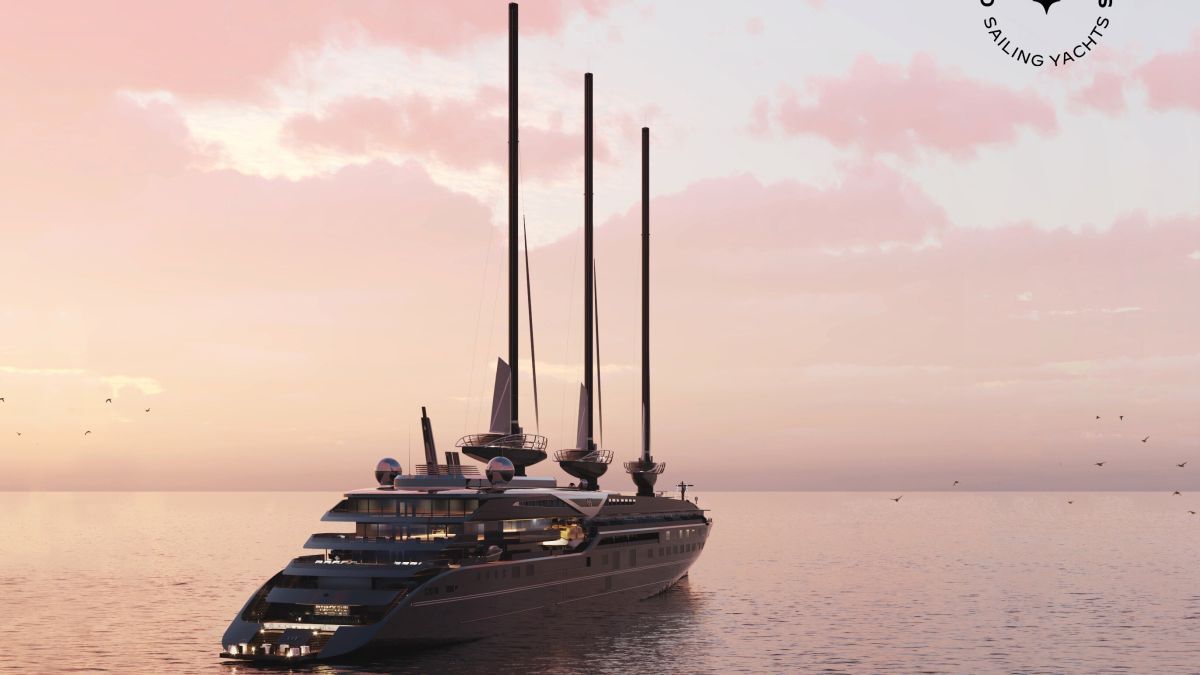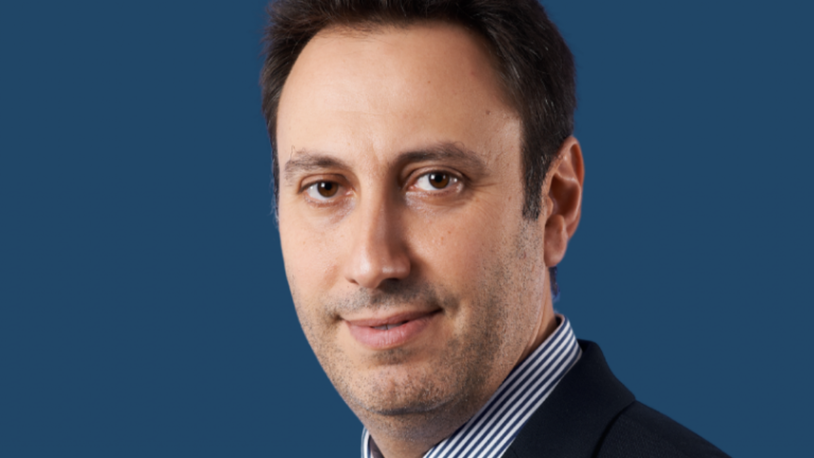Business Sectors
Events
Contents
2022's top stories in Ballast Water Treatment Technology
We look back over our most read stories from the year to revisit the topics that your reading habits revealed as key issues in the maritime industry in 2022
Perhaps unsurprisingly, looming compliance deadlines and the daunting logistics still to be overcome to meet those deadlines underpinned the preponderance of the most read stories on Ballast Water Treatment Technology in 2021. In 2022, the themes changed somewhat as the industry moved ahead, even if regulatory decision-making lagged.
To read each story in full, click on the headline, the image or the link at the end of the text.
Sign up for Riviera’s series of technical and operational webinars and conferences in 2023:
- Register to attend by visiting our events page.
- Watch recordings from all of our webinars in the webinar library.
1. Mark Riggio starts new venture
Mark Riggio is no stranger to ballast water, having worked with UV-based systems. He has extensive experience in vessel operations and a unique skill set honed as a class surveyor, licensed engineer and vessel fleet manager. With this kind of CV, he has seen ballast water issues from all sides, and in Mr Riggio’s opinion, ballasting has quite simply become one of the most challenging operations a ship must undertake.
With his new venture, Simplify Ballast, Mr Riggio is looking to change that.
2. Ballast water treatment systems demand high-performance materials
Material selection plays an important role in determining the reliability and lifetime of a UV ballast water treatment system, which should last the life of the vessel between refits – typically 20 years or longer. Premature failures in the system cause unwanted downtime, expensive maintenance work and the need for replacement parts. Components of these systems are currently manufactured from various materials, including different stainless steel grades and copper alloys.
3. USCG final policy letter released
In March 2022, the US Coast Guard released the final policy letter that describes the process for submitting viability testing methods to the coast guard and explains the information needed to evaluate a testing method.
4. Ballast water treatment providers gain seat at IMO
Early in 2022, the Ballastwater Equipment Manufacturers’ Association (BEMA) announced it received news from IMO that it had been granted Non-Governmental Organisation (NGO) Consultative Status.
Achieving NGO Consultative Status was a huge step forward for BEMA. The designation allows BEMA to attend IMO meetings and contribute to the work of IMO by submitting technical input and providing specialised operational and technical expertise on ballast water management systems.
5. Commissioning test: clean the ballast tanks and lines first
One sure way to fail a commissioning test of a ballast water treatment system is to not clean the ballast tanks and lines, as panellists, including CTI Maritec EU area business development manager Andreas Lougridis (pictured) discussed in Riviera Maritime Media’s Out of commission: how to respond to a negative BWMS commissioning test webinar.
Sign up for Riviera’s series of technical and operational webinars and conferences in 2023:
- Register to attend by visiting our events page.
- Watch recordings from all of our webinars in the webinar library.
Related to this Story
Events
Maritime Environmental Protection Webinar Week
Cyber & Vessel Security Webinar Week
The illusion of safety: what we're getting wrong about crews, tech, and fatigue
Responsible Ship Recycling Forum 2025
© 2024 Riviera Maritime Media Ltd.


